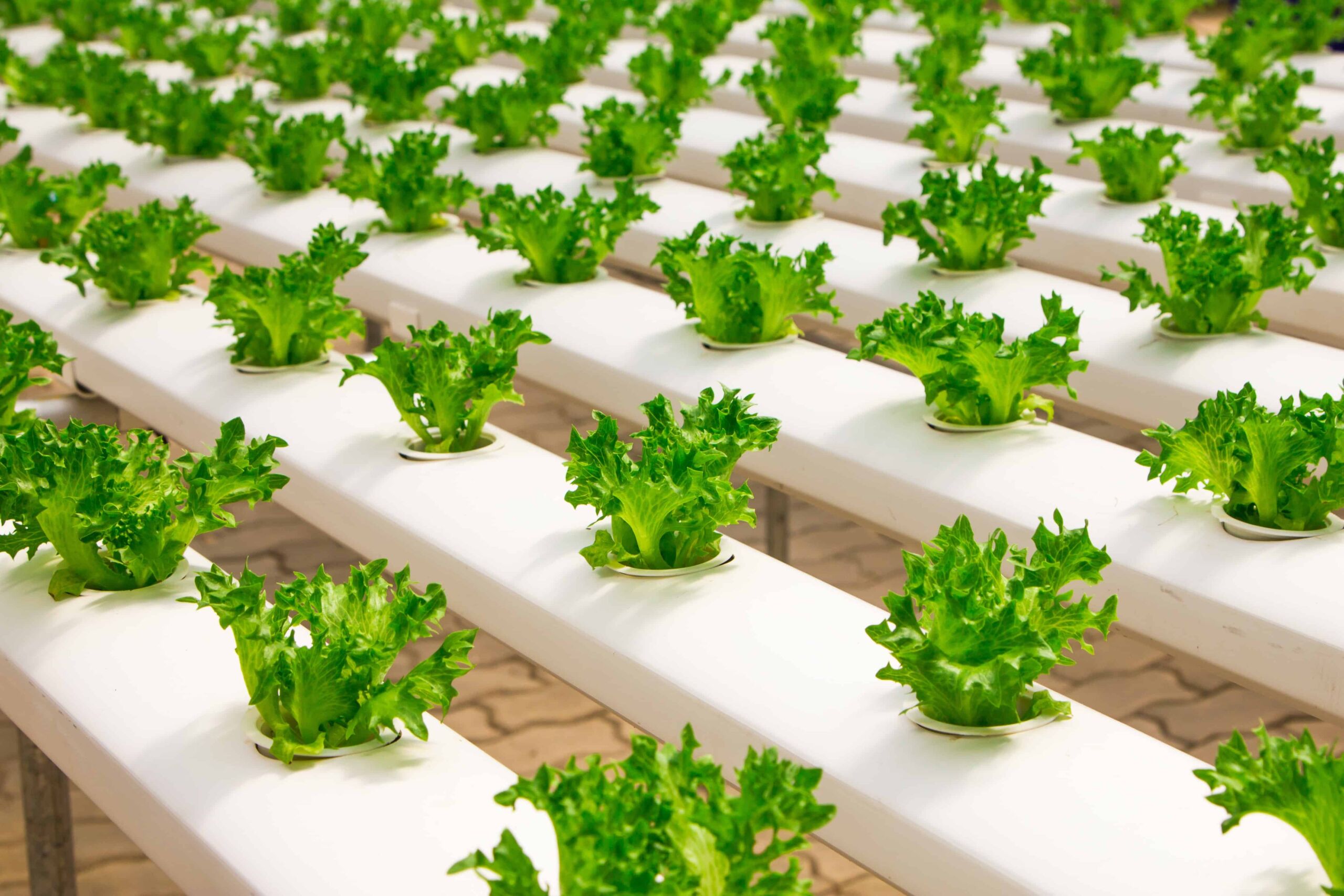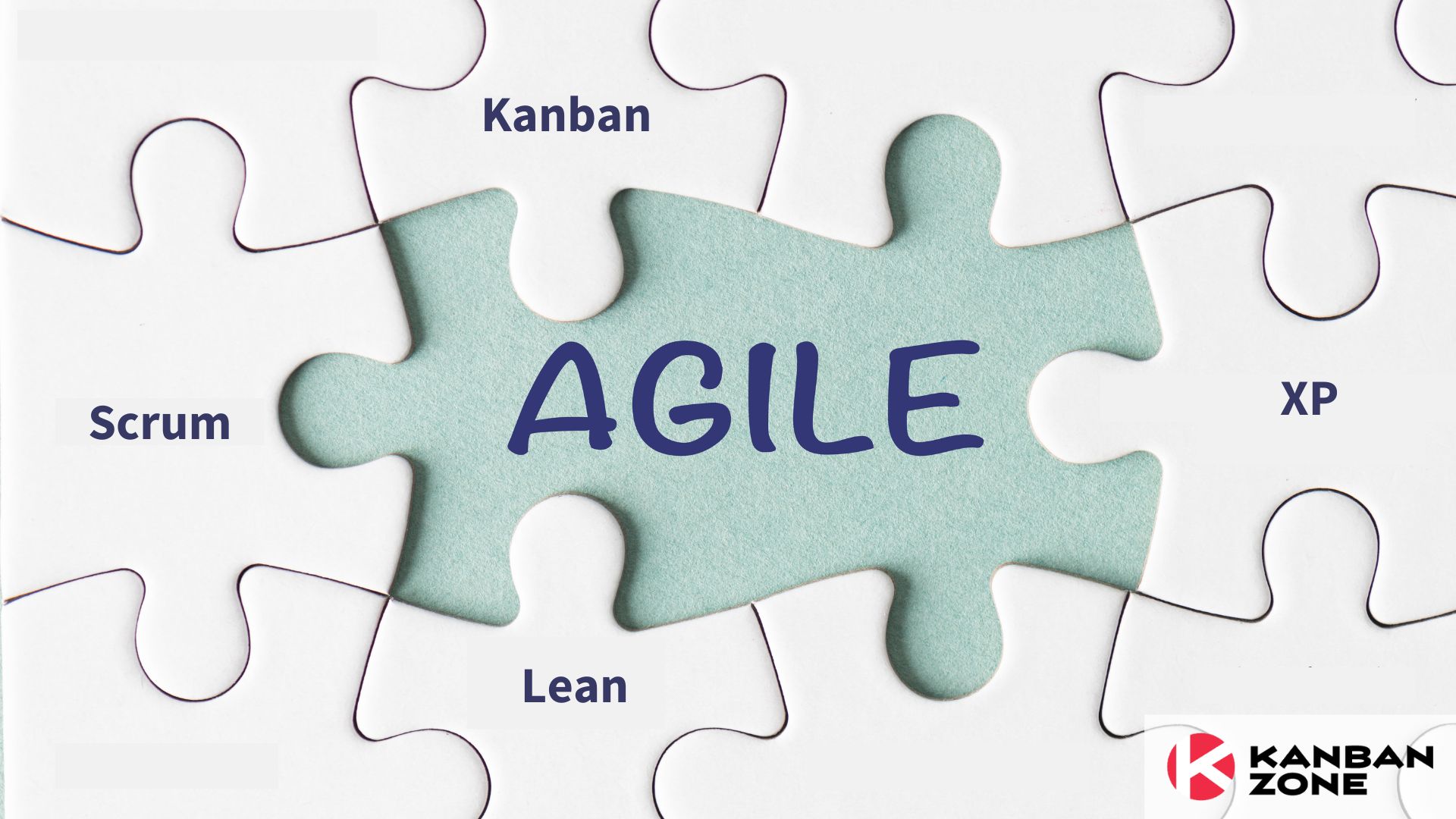
While it’s true that Lean thinking started in the automotive manufacturing industry, it has worked its way through other industries over the decades. Whether it be knowledge-work or traditional production, Lean thinking has proven to help businesses make their process more efficient. It has since penetrated the agricultural sector.
The concept of Lean farming is making waves in the agricultural sector, giving birth to progressive farms all over the world. With the challenges that come with climate change and overpopulation, farmers are pushed to rethink their processes by adopting Lean principles into their operations.
To those who are new to the concept or are just curious how Lean farming works, read along as we discover how farmers are embracing Lean principles to maximize their harvest, productivity, and profitability.
What is Lean Farming?
Lean farming is a system of tools, methods, and practices used to manage farms based on the Lean methodology. As a refresher, Lean is a methodology that started in the Toyota Production System, which focuses on optimizing an organization’s resources through the elimination of waste and customer value creation.
The five principles of Lean are:
- Identify value
- Map the value stream and remove waste
- Create flow
- Establish pull
- Seek perfection through continuous improvements
Where work is exerted, waste can be generated. Farming is no exception to this reality which is why Lean is perfect for it. The goal of Lean farming is to create a robust and sustainable process where wastes are minimized to provide better outcomes for farmers and their customers.
Even the eight wastes of Lean manufacturing can be applied in the context of farming. Here are some farming examples for each type of waste:
- Defects – Dead animals or ruined feeds
- Overproduction – Producing too much silage or piglets than what can be sold
- Waiting – Delays due to insufficient capacity in the milking parlor
- Not using talent – Idle time for laborers
- Transportation – Unnecessary transfer of goods from one station to another
- Inventory – Overstock; Storing too many crops or even tools
- Motion – Looking for tools; Having too many steps in the process
- Excess processing – Doing something unnecessary out of tradition; too much cleaning
Lean farming aims to minimize these types of wastes and increase productivity through improved flow and customer value creation.
Lean Principles in Farming
Lean farming can be achieved by applying the five Lean principles to your agricultural business. This 5-step process cycle is as follows:
- Value – Define value from the perspective of the customer for each product family you maintain.
- Value Stream – Map the value stream for each product family and identify which are the value-adding and non-value adding steps. The goal is to eliminate the non-value adding steps.
- Flow – Organize the value-adding steps to create a smooth flow.
- Pull – Enable customers to “pull” from your system through an upstream activity.
- Perfection – Repeat the process of refining your value stream and encourage continuous improvement of your process.
Any successful implementation of Lean farming is due to adherence to these principles. It’s important to highlight that the Lean way should not be viewed as a one-time project. It is first and foremost a mindset that operates in a cycle of continuous improvement or kaizen.

Planting Kaizen in Your Farms
It’s easy to think that farming is a traditional business that doesn’t need to evolve. But any business that persists with this mindset will not survive the challenges of the modern world. Farmers must leverage technology and adopt a continuous improvement mindset to stay competitive and relevant in the agricultural space. In line with this, the integration of precision agriculture solutions is becoming increasingly vital, offering innovative ways to enhance efficiency and sustainability in farming practices. This is what kaizen means. It’s about challenging the current state and aiming for progress. It’s about the realization that everything can and should be constantly improved.
While Lean farming is a relatively new concept, it has started to make waves. Case in point is Aidansfield, a farm and research center in Northumberland. Led and owned by Conor Colgan, one of the pioneering minds of Lean farming, Aidansfield has fully embraced Lean farming and has been transformed into a state-of-the-art facility. Equipped with the right techniques, methods, and tools, they’ve improved their profit margins and increased their operational efficiency. Colgan and his team used Value Stream Mapping to have a full grasp of how their process is performing and identified where the waste occurs and where improvements must begin.
“By looking at your business as a whole ecosystem rather than each process in silos, it eliminates elements that are not adding value to the quality of your delivery. Lean thinking can introduce more predictability into your business and give you the confidence to make management and investment decisions,” Colgan shared when interviewed at how Lean farming helped him change his business.
Aidansfield continues to push for greater heights through Lean farming and more farm owners are joining the movement. This has been possible because they fully embraced the principles of Lean, with an emphasis on an ongoing pursuit of perfection. Lean farming requires a commitment to continuous improvement and this is what kaizen is about.
Lean Management Agriculture
Applying Lean farming starts with the right mindset. Farm owners must get the right frame of mind to start looking at their business holistically and identify opportunities to minimize waste and improve efficiency. There are various Lean techniques and tools that can help you do this. Once wasteful activities have been identified and eliminated, the next step is to re-think your production flow and transform it from supply-based to demand-based, just-in-time production.
It’s important to involve your team throughout this process. Continuous improvement should be everyone’s responsibility. Therefore, everyone can and should contribute to how processes can be improved.
If you’re new to Lean farming or would like to explore how it can be implemented to your business, it’s worth reaching out to Lean farming consultants or Lean professional coaches for help. With the help of professional coaches, you can leverage on their Lean thinking expertise and experience in implementation. They can help build the right foundation and mindset for all of your employees. They can also help you determine the right tools and farm management software to use for your Lean farming activities.
Learn to Work Smarter, Not Harder!
Get our top articles weekly.
Table Of Contents
Discover many more posts…







